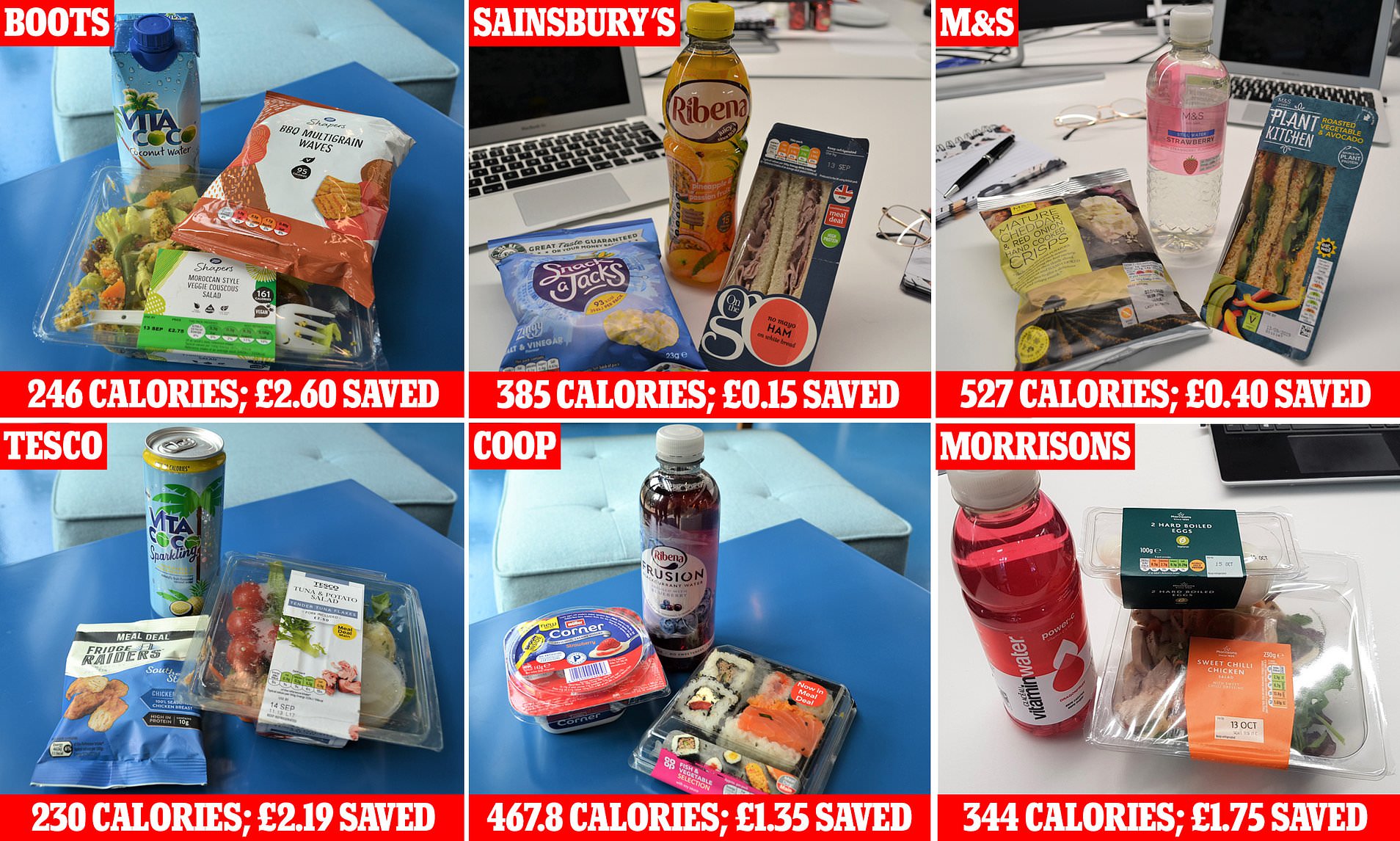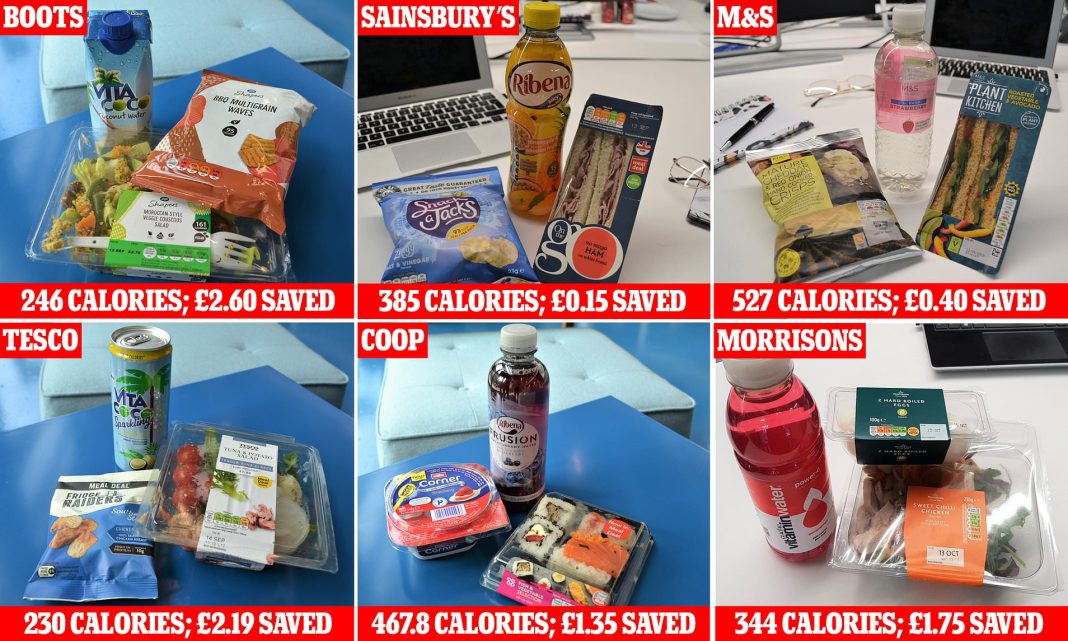 Fast-food chains are bringing back $5 meal deals in an attempt to attract customers who have been cutting back on their spending. Many restaurant companies are expected to report slower sales and decreased foot traffic in their second-quarter results. Chains like McDonald’s, Taco Bell, Burger King, and Wendy’s hope that these value meals will help lift their sales for the next quarter. However, Wall Street investors are skeptical and have seen shares of major fast-food chains decline this year. This is because consumers have been deterred by rising menu prices, leading them to conclude that fast food is no longer a good deal. In fact, a recent survey showed that more than 60% of respondents have reduced their fast-food spending because it has become too expensive. This has affected not only low-income customers but also the overall customer base of the fast-food sector.
Fast-food chains are bringing back $5 meal deals in an attempt to attract customers who have been cutting back on their spending. Many restaurant companies are expected to report slower sales and decreased foot traffic in their second-quarter results. Chains like McDonald’s, Taco Bell, Burger King, and Wendy’s hope that these value meals will help lift their sales for the next quarter. However, Wall Street investors are skeptical and have seen shares of major fast-food chains decline this year. This is because consumers have been deterred by rising menu prices, leading them to conclude that fast food is no longer a good deal. In fact, a recent survey showed that more than 60% of respondents have reduced their fast-food spending because it has become too expensive. This has affected not only low-income customers but also the overall customer base of the fast-food sector.
Fast-food chains are now in a battle for the less affluent customer, as they try to win back their trust and loyalty. Casual-dining chains have even taken some market share from the fast-food sector by highlighting their own value in comparison to the cost of a fast-food meal. This change in consumer behavior has also caused concern among Wall Street investors, who have seen shares of major fast-food chains slide this year. However, Chipotle has been an exception, with strong sales and customer loyalty.
Fast-food chains typically focus their discounts and value meals in the first quarter when consumers are trying to save money after the holiday season. However, this summer is different, as chains are in desperate need of discounts to fuel traffic and sales growth. Restaurants have reached a point where they cannot raise prices any further, so they are relying on these value meals to attract customers. The goal is to not only increase traffic but also to convert customers who come for the deal into higher-ticket consumers by encouraging them to add other items to their order. If this doesn’t happen, the discounts will negatively impact profits and become unsustainable in the long run.
One cautionary tale is Subway’s $5 footlong deal, which was popular with customers but eroded profits for franchise operators. This led to restaurant closures and years of searching for a new way to attract customers. Franchisees are often skeptical of these promotions because they hurt their profits. In recent years, franchisees have gained more power to resist parent companies’ deal strategies. For example, McDonald’s franchisees formed the National Owners Association to push back against the company’s unpopular discounts and renovation plans. However, the $5 value meal at McDonald’s has been successful in bringing customers back to their restaurants. Foot traffic data shows that the promotion has increased visits to McDonald’s and other chains like Buffalo Wild Wings, Starbucks, and Chili’s.
While the $5 meal deal may not be a huge sales builder, it is viewed as an initiative that prevents some customers from going elsewhere. This is the case for McDonald’s, where 93% of its restaurants voted in favor of extending the value meal promotion. The launch day of the $5 meal saw an 8% increase in visits compared to the average Tuesday in 2024. Analysts expect the promotion to help prevent further declines in sales and foot traffic. However, the overall success of these value meals remains to be seen, and investors are cautious about the potential for a race to the bottom in terms of pricing.


